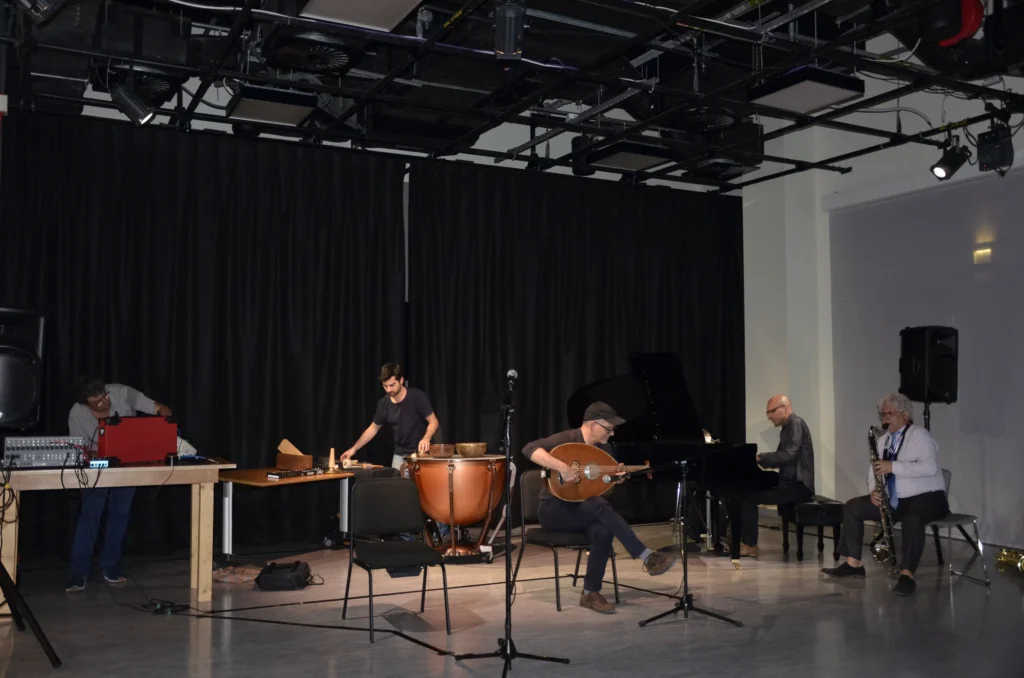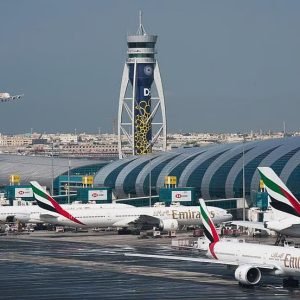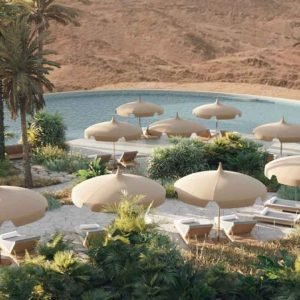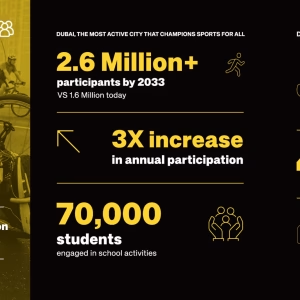Tucked away in dimly lit basements, converted art spaces, and makeshift studios across Abu Dhabi, a new sound is rising — raw, bold, and deeply personal. It doesn’t come from record labels or flashy stages, but from an underground community of musicians who are redefining the city’s soundscape.
Long known for its stunning skyline and cultural landmarks, Abu Dhabi is now earning attention for a different kind of artistry. From lo-fi experimental beats to soul-searching rap verses, these musicians are building a homegrown music scene that is unapologetically local yet global in its influences.
A Shift in the Sound
For years, Abu Dhabi’s music offerings were mostly limited to commercial pop, traditional Khaleeji music, and imported DJ sets from international acts. But over the last decade, an alternative scene has quietly been evolving — one driven not by commercial gain but by the need for authentic self-expression.

The shift is being led by a generation raised on both Emirati values and global media. They grew up attending majlis gatherings and hip-hop dance battles, listening to Fairuz and Frank Ocean. This duality is now reflected in their sound — genreless, fearless, and deeply rooted in identity.
One such artist is Leen, a 24-year-old producer of Syrian-Palestinian descent who grew up in the UAE. Her music, composed in a tiny bedroom studio in Khalifa City, merges field recordings from old Damascus streets with soft electronic beats and spoken word poetry. “I didn’t want to choose between heritage and modernity,” she says. “So I created a space where both can exist.”

Unity Through Diversity
What makes Abu Dhabi’s underground scene so powerful is its cultural diversity. Musicians from Sudan, Lebanon, India, the Philippines, Nigeria, and more are collaborating across genres and languages to create a sound that defies labels.
At late-night jam sessions hosted in private homes and artist collectives, you might hear a tabla rhythm drop into an Afrobeats bassline, or a spoken word verse in Arabic transition into a jazz trumpet solo. It’s a sonic patchwork stitched together by shared experiences of migration, belonging, and creative resistance.
Hani, a 28-year-old Emirati rapper, recalls how the idea for his rooftop cypher series came to him during the COVID-19 lockdown. “We couldn’t gather indoors, so we started freestyling on rooftops. From there, it grew. It wasn’t just about rapping — it was about reclaiming our city, one verse at a time.”
Today, his freestyle series regularly features artists from more than 10 nationalities and languages. It’s not a polished production. There are no flashy lights or sponsorships. But it’s real. And that’s what makes it resonate.
The Struggle for Space
Despite its creative momentum, Abu Dhabi’s underground musicians still operate on the margins. Commercial venues typically cater to big-ticket acts or international DJs, leaving few accessible platforms for indie artists. Licensing regulations make organizing public performances difficult, and even when allowed, costs are often prohibitive for emerging talent.
To navigate this, artists have carved out their own paths. Pop-up shows in art galleries, garden gigs in villas, and acoustic nights in coffee shops have become common. Livestreams and private listening parties offer safe spaces for both creators and audiences.
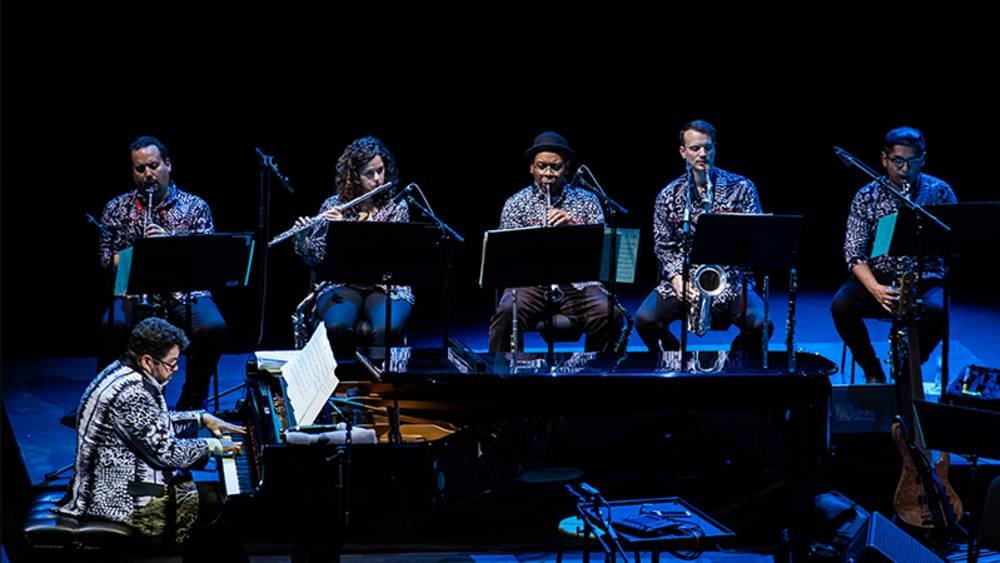
There’s a quiet defiance in their persistence. “We don’t need permission to create,” says Karim, a Jordanian guitarist known for his ambient-electronic fusion. “We’ll find a way — whether that’s through a living room set or an impromptu open mic in a parking lot.”
For many artists, social media has become the new stage. Instagram, SoundCloud, and even WhatsApp groups are being used to circulate new music, announce events, and build community. The lack of formal structure, ironically, has allowed for more freedom and experimentation.
Voices With Purpose
This music scene isn’t just about entertainment — it’s a lifeline. Many artists use their music to process identity, trauma, displacement, and mental health. The result is a deeply emotional body of work that speaks to the complexities of life in the UAE, particularly for those who exist between cultures.
Ranya, a singer-songwriter of Ethiopian descent born and raised in the Emirates, channels her experiences into stripped-down acoustic ballads. “As a third-culture kid, I never felt fully ‘from’ anywhere. Music became the only place where I felt whole.”
Her lyrics explore issues of race, self-worth, and the invisible lines that divide communities in a city that often prides itself on unity. Others, like Malik, a Nigerian spoken word artist, use rhythm and rhyme to tackle topics like visa struggles, language barriers, and the immigrant experience.
Their music isn’t always loud. It doesn’t seek mass appeal. But it is honest. And that honesty is what’s fueling a quiet revolution.
The Role of Community
What sustains this scene more than anything is the sense of community. In a city where constant change is the norm and transient populations are expected, underground musicians are building relationships that extend beyond the stage.
They borrow equipment, offer each other studio time, share contacts, and promote one another’s work. WhatsApp groups function like talent directories, while Telegram threads buzz with voice notes of new beats and rough takes.
It’s an ecosystem of mutual respect and survival. And while they may lack institutional support, they’ve created a form of artistic kinship that keeps the scene thriving.
Local art spaces, too, are beginning to take notice. Some have started offering residencies and small grants to musicians, allowing them to take their craft more seriously. It’s a slow process, but a hopeful one.
Looking Ahead
There’s a growing belief that Abu Dhabi’s underground scene is on the cusp of something bigger. As global interest in alternative Middle Eastern music grows, artists from the UAE are positioning themselves as part of a broader regional movement that’s reshaping the narrative around Arab and expat youth.
The dream, for many, isn’t fame. It’s freedom — the freedom to make music on their own terms, tell stories that matter, and be seen for who they truly are.
Still, artists recognize that more support is needed. Spaces to rehearse, platforms to perform, and mentorship from established musicians could take this movement to new heights. But they aren’t waiting. They’re creating anyway.
A City’s Soul in Sound
In a place known for its grandeur, it’s easy to overlook the quieter corners. But in those corners, Abu Dhabi’s soul is singing — not in polished concert halls, but in the bedrooms, rooftops, and alleyways where underground musicians are composing their truth.
They’re not just making music. They’re rewriting what it means to belong here, one note at a time.
As Leen puts it, “We may not be on the billboards yet. But we’re here. And we’re loud enough for those who are really listening.”
Read More: Inside the Lives of Emirati Fishermen: Tradition, Family, and Survival

